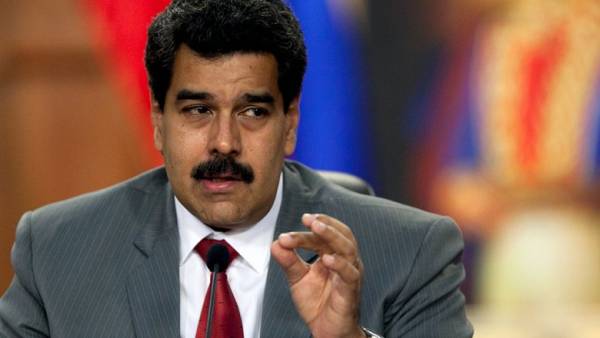
This is & nbsp; the third decision of the British courts on & nbsp; gold of Venezuela: the Supreme Court of Britain overturned the decision of the Court of Appeal in July this year overturned the decision of the High Court of England and & nbsp; Wales.
As a result, at & nbsp; at the moment, from the & nbsp; point of view of the British judicial system, the only one who & nbsp; can dispose of Venezuela's gold reserves & nbsp; & mdash; this is the opposition leader Juan Guaido, whom Britain recognizes as the legitimate leader of the country.
At & nbsp; while & nbsp; at the same time, de facto Britain is in contact with the Maduro government, since it is he who controls the country.
In the & nbsp; first half of last year, the Maduro government tried to take gold from the Bank of England, explaining that & nbsp; he needed money to & nbsp; fight against the coronavirus epidemic in & nbsp; Venezuela. Having received a refusal, Maduro's government filed a lawsuit.
Guaido and & nbsp; other opponents of Maduro are confident that & nbsp; he & nbsp; will spend this gold not & nbsp; on & nbsp; the fight against & nbsp; covid, but & nbsp; on foreign allies .
Juan Guaido, who is recognized as President of Venezuela in more than 50 countries of the world, wants gold to remain in the & nbsp; vault of the Bank of England.
Nicholas Maduro, associate and & nbsp; successor to the late Venezuelan President Hugo Chavez , in & nbsp; 2018, & nbsp; for the second time became president in & nbsp; elections, which the opposition did not & nbsp; recognized as such and & nbsp; declared them & nbsp; boycott. In early 2019, Guaido declared himself the legitimate head of the Venezuelan state.